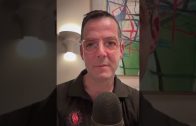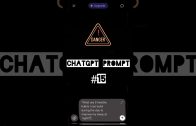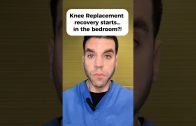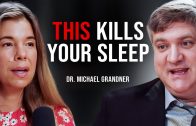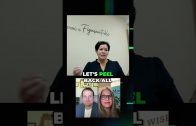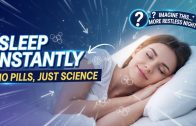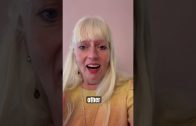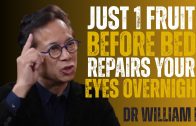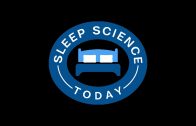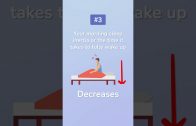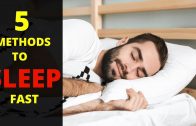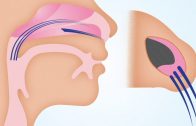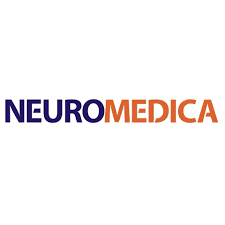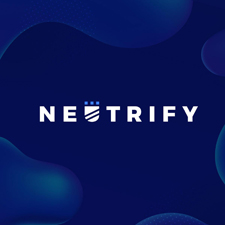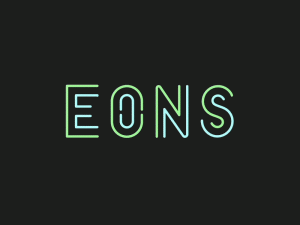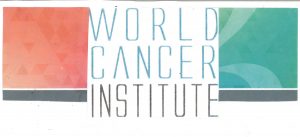Ask Me Anything (AMA) – February 3, 2025
Summary of YouTube Video: Ask Me Anything with Dr Twyman
Introduction
• Dr Twyman begins with a “show and tell,” showcasing new medical devices.
• Discusses a new blood pressure monitor, the Connect QT, which recently entered the market.
• Highlights differences between standard brachial blood pressure monitors and central aortic blood pressure monitors, which measure true blood pressure.
Key Discussion Topics & Answers
Blood Pressure Monitoring Tips
• Best time to measure: First thing in the morning before caffeine, exercise, or food.
• Proper method: Sit with feet flat, back supported, and arm at heart level.
• Avoid wrist cuffs: They are often inaccurate.
Cardiovascular Health & Medications
• Calcium Score & Statins:
• If a 43-year-old has a calcium score of 70, they are at high risk.
• Statins can reduce cardiovascular risk but may have side effects.
• Focus on nitric oxide production, inflammation control, and lipid management.
• Improving Circulation in the Legs (for an 85-year-old)
• For arterial issues: Exercise is key.
• For venous issues: Use compression stockings, sunlight exposure, grounding (walking barefoot), and movement.
• Aortic & Cardiovascular Disease
• Elevated ApoB increases cardiovascular risk.
• Statins don’t necessarily cause dementia but can have side effects.
• Alternatives: PCSK9 inhibitors, Zetia, and lifestyle changes.
Lifestyle & Diet for Heart Health
• Does a high-fat dairy diet reduce nitric oxide production?
• No direct effect.
• However, if high saturated fat leads to oxidized LDL, it may impact vascular health.
• Inflammation & Cardiovascular Risk
• Inflammation = excess protons, lack of electrons (from quantum biology perspective).
• Grounding, sunlight, exercise, and a good diet reduce inflammation.
• Can you lower blood pressure without medication?
• Yes!
• Methods include exercise, diet (DASH diet), sunlight exposure, and devices like Resperate or Zona Plus.
Cold Exposure & Sauna
• Benefits of Cold Plunges & Saunas
• Cold exposure activates brown fat and improves mitochondrial function.
• Saunas improve blood circulation, lower inflammation, and charge cells with infrared light.
• Recommended: 11 minutes of cold exposure + 57 minutes of sauna per week.
Atrial Fibrillation (AFib) & Stroke Risk
• Does every AFib patient need blood thinners?
• It depends on stroke risk (CHA₂DS₂-VASc score).
• High-risk patients should consider anticoagulation unless they have bleeding risks.
• Cardioversion & AFib Treatments
• Cardioversion is a method to reset the heart’s rhythm using electric shocks.
• If AFib is recurrent, antiarrhythmic medications or ablation may be needed.
Calcium Score & Heart Attack Risk
• Calcium score of 133: Intermediate risk.
• Calcium score over 400: High risk.
• Calcium score over 1000: Very high risk (~30% chance of heart attack in 10 years).
• Patients should work with their doctor to reduce arterial plaque and lower risk.
Mitochondrial & Metabolic Health
• What happens if you avoid sugar for 3 months?
• Blood sugar stabilizes, insulin resistance improves, and vascular health may benefit.
• But sugar isn’t inherently bad—it depends on mitochondrial health, sunlight exposure, and overall diet.
Mouth Breathing vs. Nose Breathing
• Nose breathing increases nitric oxide production.
• Dr Twyman personally uses mouth tape at night to improve sleep quality.
Final Takeaways
• Cardiovascular health involves managing nitric oxide, inflammation, and lipid levels.
• Non-medication methods (exercise, diet, sunlight, grounding) can significantly improve heart health.
• Use the right tools for monitoring blood pressure and heart health.
• Cold exposure and sauna therapy have strong cardiovascular benefits.
• Blood tests (ApoB, CRP, Calcium Score) can help assess cardiovascular risk.
• Consult a doctor before making major medication or lifestyle changes.
Dr Twyman will be back next Monday for another Q&A. More in-depth content is available on his YouTube channel and newsletter.
